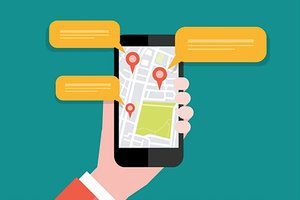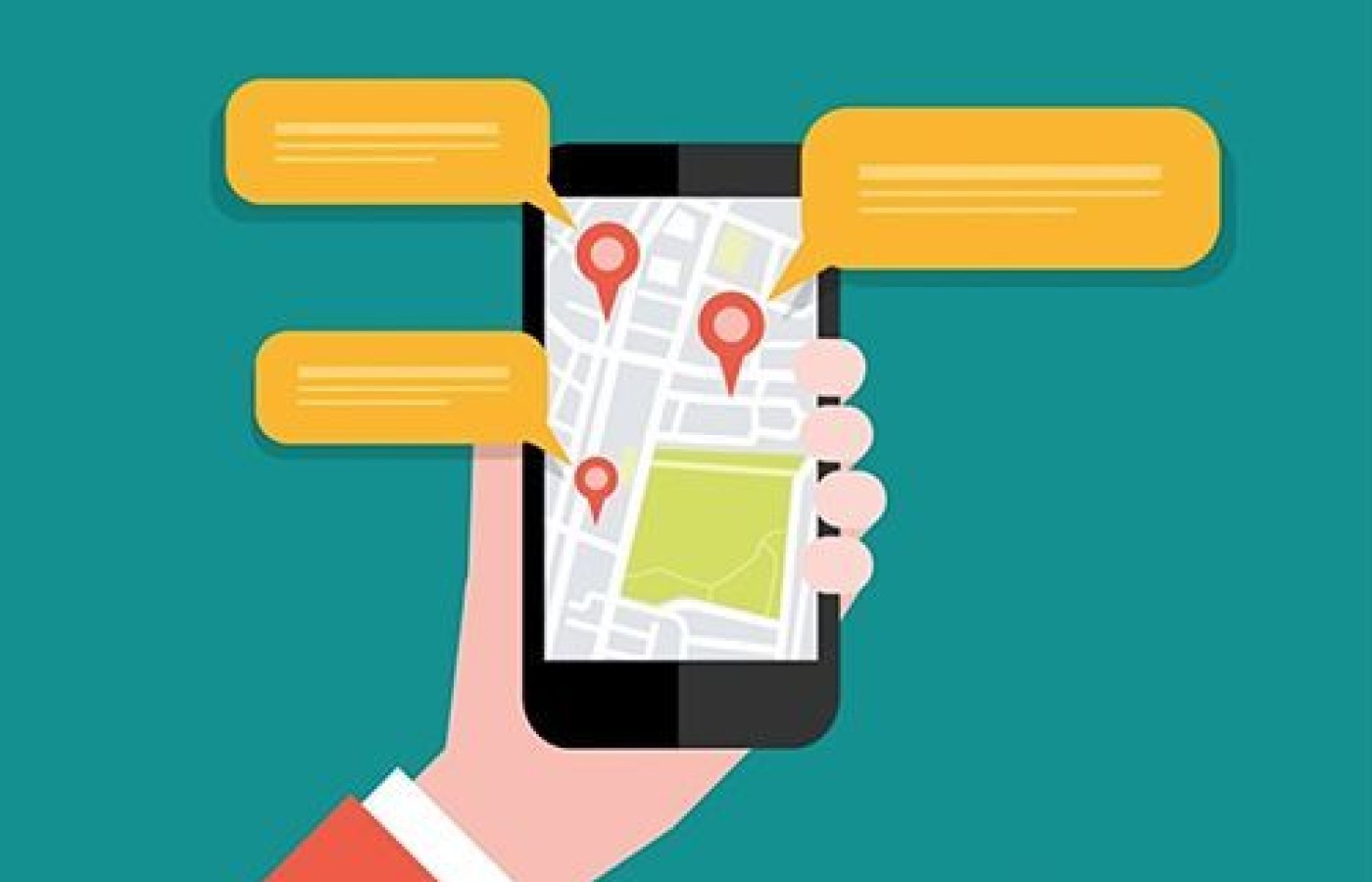It’s a new year and many chiropractors are evaluating what will enhance their respective practices, particularly as it relates to their bottom line. One of the most common questions I get is: “Do I need to be credentialed to bill insurance, and what are the best plans to join?” It’s a loaded question – but one every DC ponders. Whether you're already in-network or pondering whether to join, here's what you need to know.
Give Your Practice a Boost With Proximity Engagement Marketing
What if there was a marketing strategy that allowed for real-time marketing that was a direct match to your potential patient's immediate and personal needs? This strategy would enable you to send more meaningful messages that make your potential (and current) patients feel understood and valued.
This type of personalized communication is a reality; it's called proximity engagement marketing.
Let's Start With a Real-World Example
Many people are still using Covid-19 precautions when they travel. Your practice uses proximity engagement to send a personalized message reminding them to schedule an appointment for a wellness check, and to boost their immunity when they arrive at the nearest airport. The message can acknowledge that travel is still stressful and exposure to germs remains high; and reminds them to come in for a "tune-up" when they return to town.

Each message is personalized to that specific patient. This is something they may not expect, and it gives you a chance to remind your patients that you care about them and their long-term health.
Proximity Engagement in Action
Proximity engagement was developed at the Behavior Design Lab at Stanford University and is based on the principles of human behavior design. It can basically be summed up as this: A person is more likely to perform a behavior (like schedule an appointment) when their motivation and ability to do it are most closely aligned. Once those factors line up, patients just need the right prompting to make it happen.
Here's another example. When a patient is in the general vicinity of your practice, their ability to visit is high, right? If it has been a few weeks since they have been in and they know they are overdue for their next appointment, their motivation to act is greater.
When both factors align (location is close and need for an appointment exists), the probability of them taking action on a personalized message is high. And consider how much greater the effectiveness of a personalized message is compared to a general mass text message.
Boosting Your Business
It wasn't until the last couple of years that this type of personalized marketing became much more affordable. It used to require a massive marketing budget and a lot of technical skill. Now, there are budget-friendly mobile marketing tools that can seamlessly integrate with your practice's other systems, such as your scheduling and business management software systems, to deliver a personalized push notification to your patients.
Tips for Success
For these personalized prompts to be effective, your messages must be well-timed and highly personalized. You want to encourage your patients to take an action they already want or need to do. Your goal is to deliver high-value touch points for your patients. Here are a few tips to get you focused in the right direction.
Avoid generic messages. Be personal and consider the patient's history, preferences, daytime schedule (you want to send a message when they are likely to act on it), and any other known information to send them an offer inviting them to make an appointment for what they need.
Create a win-win situation. If you suddenly have a cancellation, send notifications to patients who are within a specific radius of the office. This will help you fill up any holes in the schedule and might get someone back on track with their treatment schedule.
Don't just focus on the promotional aspect of the messaging. Push notifications don't always have to be about your promotions. They can also be used to greet patients the moment they come into the office, or to send tips for self-care during stressful times. The key is in knowing what your patients value.
Turn to Technology for Help. If all this feels a bit overwhelming and you aren't sure where to begin, turn to technology for help. Do your due diligence and find the technology that will make this light work on your end. The right tool will integrate with systems you already have in place and help you better understand each patient and allow for automations to be put in place that will work for you and help you connect better with your patients.
Some different options include GPS-based marketing like geo-targeting, which is location based. There is also RFID/NFC proximity marketing using technologies already built into mobile phones that can help you reach more patients. There are other options out there and likely more to be added in the future, so make sure you do your homework to find the option that makes the most sense for your practice.
Loyalty = Practice Success
The ultimate benefit of proximity engagement marketing is the loyalty it can create for your patients. When you use known patient data respectfully and thoughtfully, and in ways that consistently deliver value to your patients, they will remain loyal and engaged with you, bringing more value to your practice in the long term.



